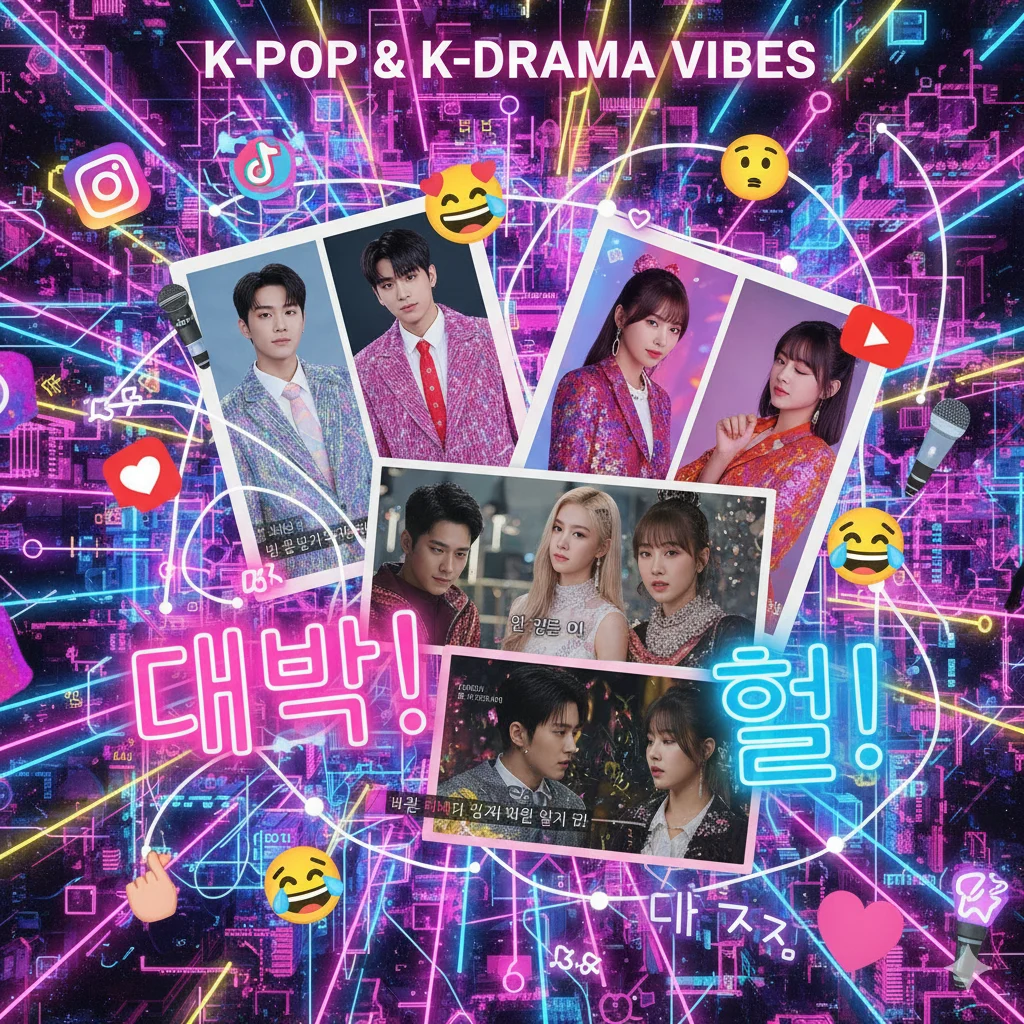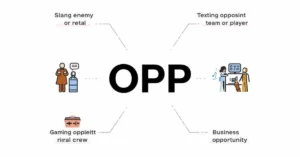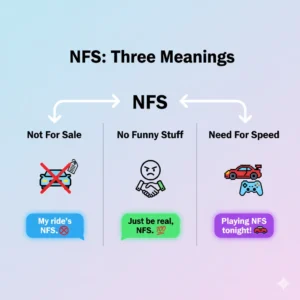If you’ve been watching K-dramas, listening to K-pop, or scrolling through Korean TikTok, you’ve probably heard some fun phrases that don’t sound like standard Korean. That’s Korean slang — playful, modern expressions that capture the humor, attitude, and creativity of youth culture in South Korea.
These slang terms help fans connect, sound cool, and express emotions that formal Korean can’t always capture. From abbreviations like “ㅋㅋㅋ” (LOL) to trendy words like “대박” (daebak, meaning awesome), they reflect how language evolves through pop culture, music, and the internet.
In this guide, we’ll break down the most popular Korean slang words, explain what they mean, and show you how to use them naturally — so you’ll sound like a local next time you chat online or watch your favorite K-drama!
What Is Korean Slang?
Korean slang, or 신조어 (sinjo-eo), refers to modern informal words, abbreviations, or creative expressions born from pop culture and the internet. It’s constantly changing as new trends emerge.
Popular sources of Korean slang include:
- 🎤 K-Pop lyrics and fandoms
- 🎬 K-Dramas and variety shows
- 💻 Social media platforms like TikTok, Twitter, and KakaoTalk
- 👯 Teen and college slang spreading through online communities
Korean slang helps people express emotions casually, build identity, and connect socially — just like English slang such as “lit,” “vibe,” or “sus.”
Why Korean Slang Has Become Global 🌏
Korean slang’s popularity isn’t limited to Korea anymore. With the global rise of Hallyu (the Korean Wave), slang words travel faster than ever through media, music, and fandoms.
Here’s why it’s gone viral worldwide:
- 🌍 K-pop influence – Fans use Korean slang when discussing idols online.
- 🎥 Streaming platforms – Subtitles include Korean words like “Oppa” or “Daebak.”
- 💬 Social media memes – Hashtags spread new phrases instantly.
- ❤️ Cultural curiosity – Non-Koreans love learning expressive Korean words.
In short, Korean slang became a fun, cultural bridge connecting millions of fans.
Most Common Korean Slang Words and Meanings 💡
Let’s look at some of the most viral Korean slang terms you’ll see or hear:
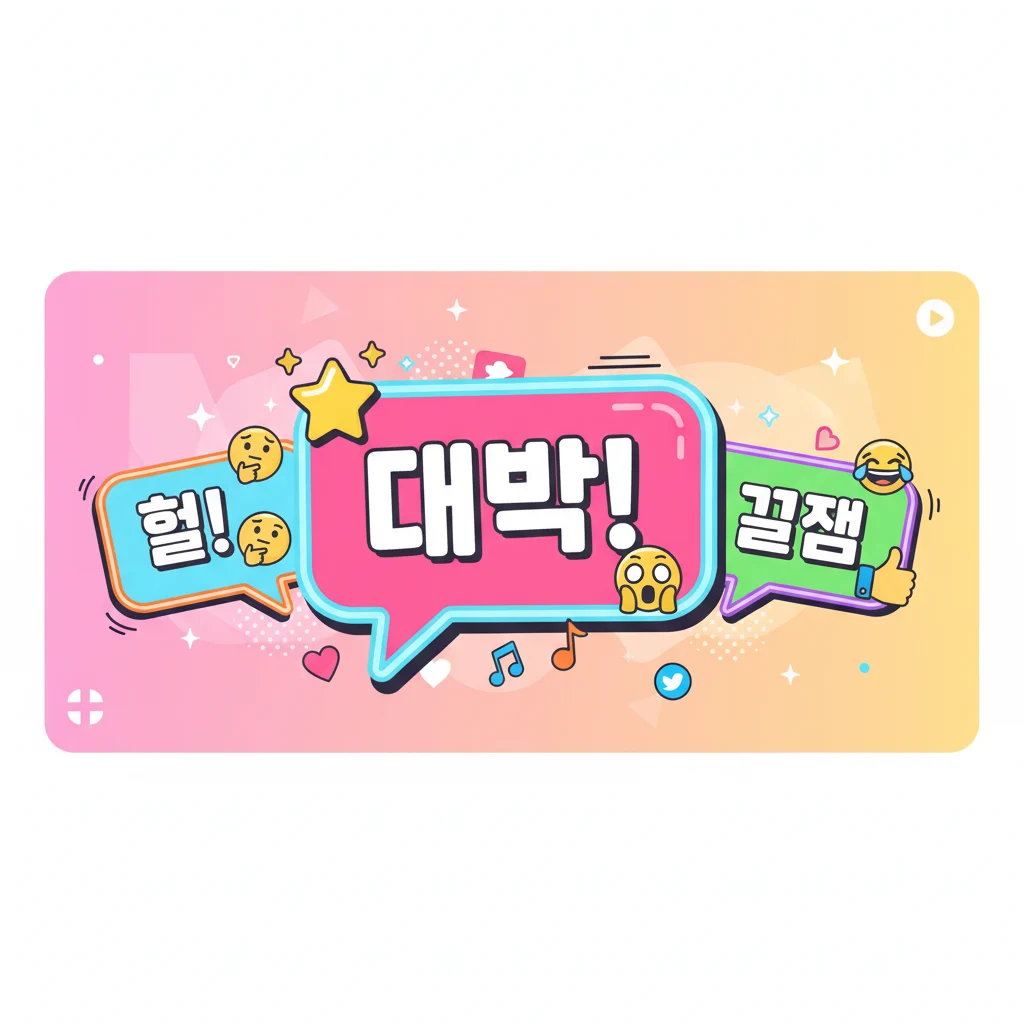
| Slang Word | Meaning | Example Usage |
|---|---|---|
| 대박 (daebak) | Awesome / Amazing | “That concert was daebak!” |
| 헐 (heol) | OMG / Shocked | “Heol, really?!” |
| 짱 (jjang) | The best / Cool | “You’re jjang at dancing!” |
| 아이구 (aigoo) | Oh dear / Oh my | “Aigoo, so tired today.” |
| 노잼 (no-jaem) | Not fun | “This show is no-jaem.” |
| 꿀잼 (kkul-jaem) | Very fun | “That K-drama is kkul-jaem!” |
| 뻥치지마 (ppeong-chi-ji-ma) | Don’t lie! | “Ppeong-chi-ji-ma, I saw you!” |
| 핵 (haek) | Super / Extremely | “That meal was haek-ma-shis-seo!” |
| 빡쳐 (bbak-chyeo) | Angry / Frustrated | “Ugh, I’m bbak-chyeo right now.” |
| 눈팅 (nun-ting) | Lurking online without commenting | “I just do nun-ting in fandom chats.” |
These terms evolve quickly, so what’s trendy today might be replaced next month!
Korean Internet Slang and Abbreviations 💻
Just like English online slang (LOL, BRB), Korean internet users have their own short forms:

- ㅋㅋㅋ (kekeke) → LOL
- ㅎㅎㅎ (hehehe) → Soft laugh
- ㄱㄱ (gg) → Let’s go
- ㅊㅋ (chuk-ha) → Congrats
- ㅇㅋ (ok) → Okay
- ㄴㄴ (no-no) → Nope
- ㄷㄷ (de-de) → Wow / Shocked
- ㅠㅠ / ㅜㅜ → Crying emoji faces
Typing these makes conversations feel natural, casual, and expressive.
How to Use Korean Slang Naturally 🎭
Here’s how to use Korean slang confidently — without sounding awkward:
- 👂 Listen first – Notice how K-pop idols or actors use it.
- 💬 Start small – Try simple phrases like “Daebak!” or “Heol!”
- 🎯 Use context – Some words fit friends only, not elders.
- 🚫 Avoid overusing – Mixing too many slang terms can sound forced.
- 🧠 Stay updated – New slang appears every few months.
Slang is all about vibe and timing — not memorizing every word!
Korean Slang in K-Pop and Fandom Culture 🎶
K-pop fandoms have created their own slang blend of English and Korean:
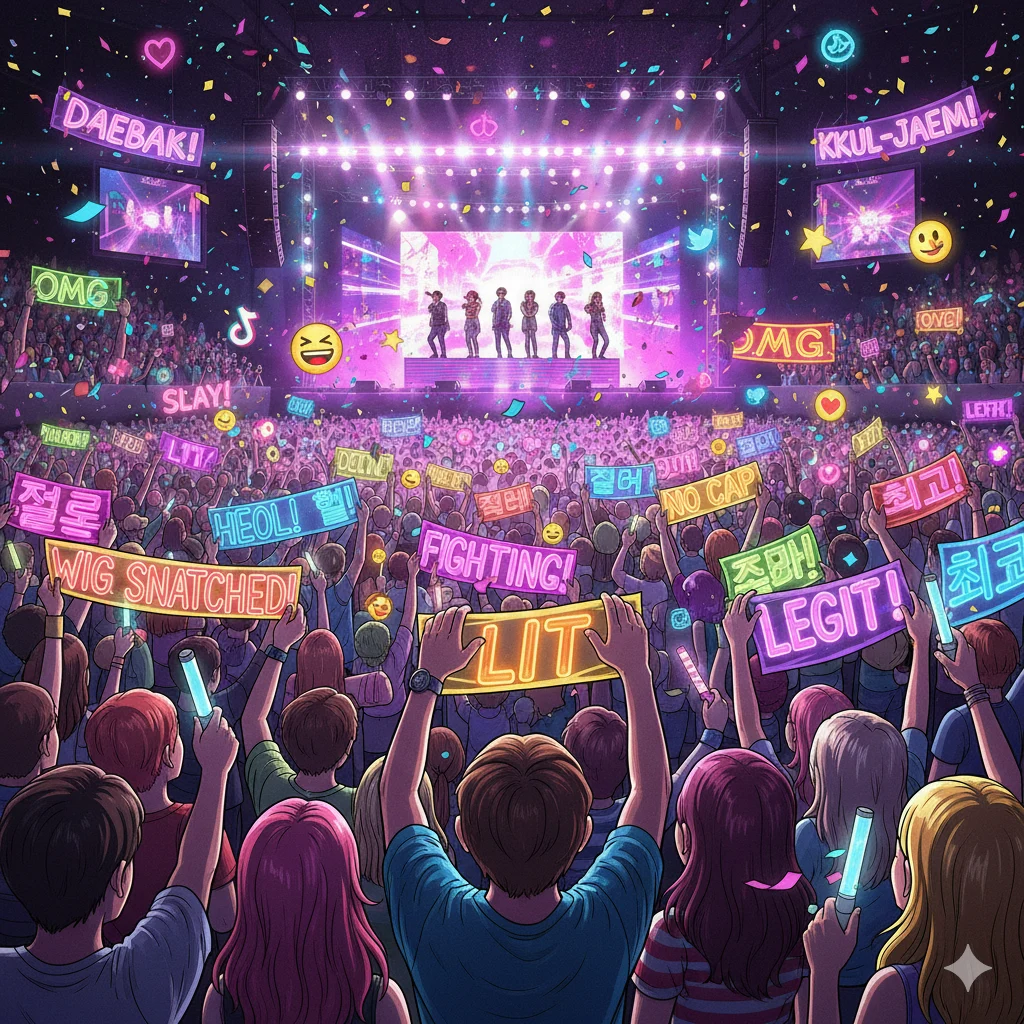
- “Bias” → Favorite idol
- “Maknae” → Youngest group member
- “Stan” → Super fan
- “Comeback” → New album release
- “Ship” → Fan pairing of idols
- “Selca” → Selfie
- “Fan-chant” → Synchronized crowd chant at concerts
Fans often mix these with Korean slang: “Our oppa’s comeback was daebak!”
This linguistic creativity connects millions globally through shared pop culture.
Korean Slang in K-Dramas and Movies 🎥
K-dramas have turned casual Korean expressions into worldwide catchphrases. Popular examples:
- “Aigoo!” – Shows frustration or pity.
- “Ya!” – A friendly way to call someone.
- “Omo!” – Expresses surprise like “Oh my!”
- “Daebak!” – When something shocking or awesome happens.
These phrases add emotional realism to dialogue — one reason why fans love quoting them!
Generational Korean Slang Differences 👵👦
Slang also reflects generational culture:
- Older slang (1990s–2000s): “쩔어 (jjeoreo)” – Cool, awesome
- Modern slang (2010s–2020s): “인싸 (inssa)” – Social butterfly
- Gen Z slang (2020s–today): “억텐 (eok-ten)” – Overly energetic
Each generation invents terms that match its humor, tech use, and pop icons.
Politeness Levels in Korean Slang 🙏
Remember, Korean has speech levels — and slang fits only casual talk. You shouldn’t use it with teachers, bosses, or elders.
For example:
- “Daebak!” ✅ with friends
- “Daebak!” ❌ to your professor
Understanding tone keeps conversations respectful yet expressive.
Why Learning Korean Slang Matters 💬
Slang reveals the heart of culture — it’s how young people joke, flirt, and express identity.
Learning it helps you:
- Understand modern K-pop lyrics and memes.
- Sound natural in online chats.
- Feel culturally connected.
Plus, it’s fun! You’ll laugh more, bond faster, and appreciate Korea’s linguistic creativity.
FAQs About Korean Slang
Q1: Is Korean slang easy to learn?
Yes! Once you know the basics, slang is mostly short and repetitive — start with fun ones like “daebak” and “heol.”
Q2: Do Koreans use slang in formal settings?
No. Slang is for casual, friendly contexts only.
Q3: Can foreigners use Korean slang naturally?
Absolutely! Just match the tone and setting, and Koreans will find it endearing.
Q4: Where can I learn new slang words?
K-dramas, YouTube, TikTok, Reddit, and fan communities update slang daily.
Q5: What are the top Korean slang words of 2025?
“핵꿀맛 (haek-kkul-mat)” for “super delicious,” and “갓생 (gat-saeng)” meaning “living like a god” (living productively).
Conclusion: Speak Korean Like a Local 🎉
Korean slang isn’t just about words — it’s a window into Korea’s humor, creativity, and youth culture. Whether you’re watching dramas, chatting online, or vibing to your favorite K-pop group, these phrases make communication playful and authentic.
So next time you text your friend or post about your K-pop bias, try sprinkling in a “daebak” or “heol.” You won’t just sound trendy — you’ll be part of a living, global language movement.

Hi, I’m Jam Sun, the creator of Punspanda.com. I write fun, clever puns, jokes, and easy-to-read humor content designed to entertain, inform, and make people smile. My goal is simple: turn everyday words into share-worthy laughs.

